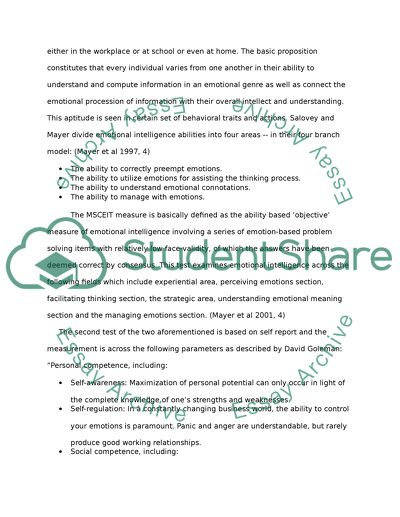Cite this document
(“Emotional Intelligence and Employee Productivity Essay”, n.d.)
Emotional Intelligence and Employee Productivity Essay. Retrieved from https://studentshare.org/human-resources/1416626-critical-essay-organisational-behavior
Emotional Intelligence and Employee Productivity Essay. Retrieved from https://studentshare.org/human-resources/1416626-critical-essay-organisational-behavior
(Emotional Intelligence and Employee Productivity Essay)
Emotional Intelligence and Employee Productivity Essay. https://studentshare.org/human-resources/1416626-critical-essay-organisational-behavior.
Emotional Intelligence and Employee Productivity Essay. https://studentshare.org/human-resources/1416626-critical-essay-organisational-behavior.
“Emotional Intelligence and Employee Productivity Essay”, n.d. https://studentshare.org/human-resources/1416626-critical-essay-organisational-behavior.


